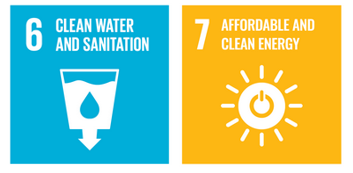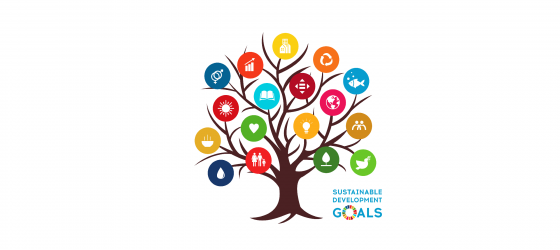UNO Agenda 2030 for Sustainable Development sets affordable access to renewable energy sources and clean water among the grand challenges humankind must face to achieve a prosperous and equal society.

Recently, the interest in hydrogen as an energy vector has been attracting much interest. Electrolysis and Photocatalytic water splitting are promising pathways for distributed green hydrogen synthesis. These processes are claimed sustainable when they meet the availability of RES and easy access to water. Moreover, H2 energy storage is strategically sound for users' communities with poor access to grid power provision (i.e. islands, remote areas).
Seawater is the most abundant resource on Earth and contains salts with an average 3-5%vol concentration (mainly Cl, Na, B compounds). Thus, hydrogen production from it is noteworthy and sustainable because it would not compete with other final uses of pure water.
Therefore, a resources-oriented design of water and energy systems is an overriding priority matching directly SDG6 and SDG7 from Agenda 2030. Then, POSEIDON refers to mid-term (PNIEC, 2030) and long-term (IEA forecast, 2050) targets for energy and climate. It is completely aligned with the EU strategy for gradual decarbonization through growing participation of hydrogen-based solutions as supported by the Clean Hydrogen Partnership.
